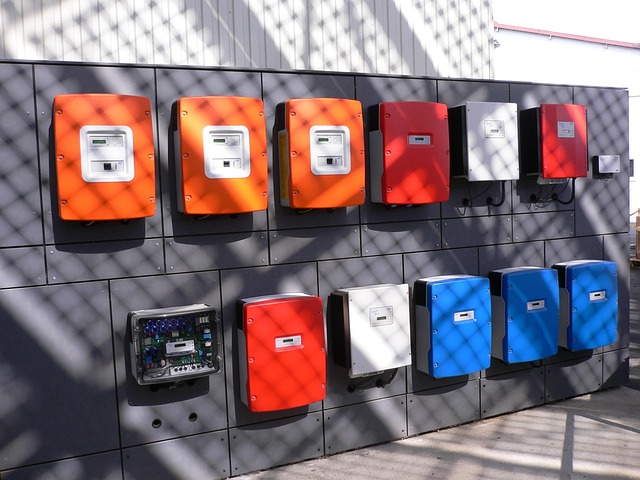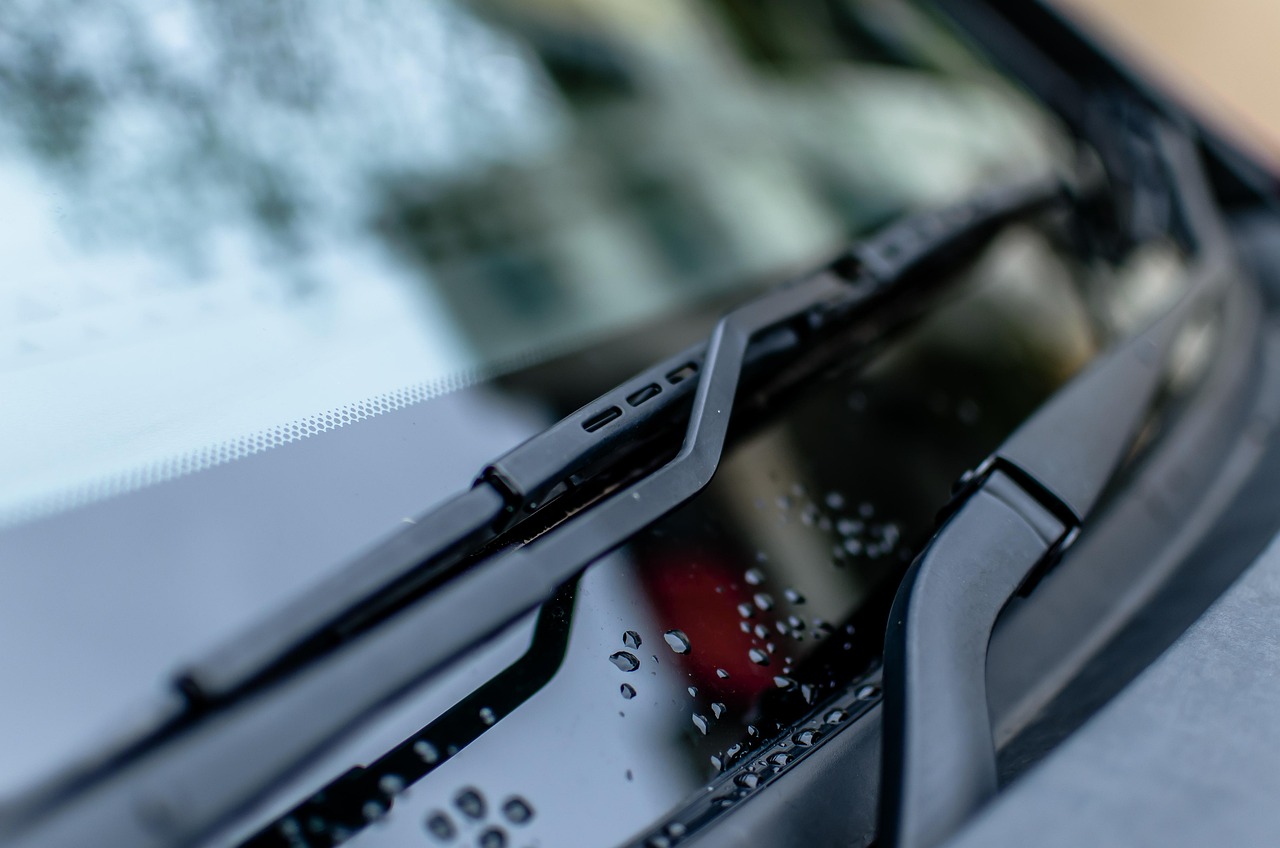Inverter Price Vs. Performance: How To Ensure You’re Getting The Best Value For Money

Strong 8k brings an ultra-HD IPTV experience to your living room and your pocket.
Frequent power cuts can disturb your routines. You might be working from home, running a shop, or simply keeping your house running. This is where an inverter steps in. It gives you uninterrupted electricity when you need it most. But the prices vary widely. It can be even for devices with similar capacity. This can put you in a difficult position. You never knew that if you were getting true value for your money.
So it is important for you to compare the inverter price with the performance you expect. The right choice will give you consistent power, long battery life and reliable service. You will not need to overspend.
Let's explore how inverter price relates to performance and see what you should look for to ensure that you are making a smart and long-term investment.
Why Performance Matters as Much as Price
Inverter price is often the first thing you notice. But the performance of your inverter is also important. It determines how satisfied you will be in the long run. A cheaper inverter may save you money. But it might not be able to run different appliances. It may not be able to handle sensitive electronics or provide sufficient backup hours.
Performance can impact areas such as:
- Backup duration: How many hours can it power your home during an outage
- Load capacity: How many appliances or devices it can run at the same time
- Safety: Whether it protects your devices from voltage fluctuations
- Efficiency: How much electricity will it consume when you charge and discharge
Balancing your inverter price with performance means that you are avoiding overspend and getting reliable backup when you need it most.
Factors That Affect Inverter Price
Different inverters come at different price points. Here are some factors affecting the inverter price:
|
Factor |
Impact on Price |
Why It Matters |
|
Type of Inverter |
Pure sine wave inverter price is higher in price than modified sine wave or square wave inverters |
Pure sine wave inverters are safe for sensitive electronics. It gives you a smoother power output. |
|
Capacity (VA rating) |
Higher capacity models cost more. |
Larger areas need bigger inverters. |
|
Battery Compatibility |
Some inverters need specialised batteries that may cost more |
Choosing the right battery ensures you get backup time and a longer lifespan. |
|
Extra Features |
Smart display panels and fast charging can increase the price. |
These features give you convenience and flexibility. |
|
Build Quality |
Premium brands use robust materials and better circuitry. |
Better build quality gives you durable, safe and consistent output. |
How to Judge Performance Before You Buy
Check these before you make a purchase:
1. Load Handling
Calculate what devices you need to work during a power cut. It can be your lights, fans and computers. It can also include essential appliances. Choose an inverter that can comfortably handle this load.
2. Backup Duration
Find out how many hours of backup you require. If your area faces long power cuts, choose an inverter that gives you longer support.
3. Battery Efficiency
High-quality batteries give you deep-cycle efficiency. It means they can handle frequent charging and discharging. It will not lose its capacity too quickly.
4. Charging Speed
Choose inverters that give you fast charging. You can use them if you live in an area with multiple power cuts in a day. Quick charging makes sure that your battery is ready for the next outage.
5. Safety Features
Choose a battery that gives you overload protection, short-circuit safety and protection against voltage fluctuations.
6. Noise Level
Choose a model that runs quietly, especially if you will place it inside your living or working space.
Balancing Price and Value
The goal is for you to get the best price-to-performance ratio. Here is a comparison to help you find it:
|
Inverter Type |
Price Range (2025) |
Performance Benefit |
Best For |
|
Pure Sine Wave |
Higher |
Safe for all electronics |
If you have appliances like TVs, fridges and medical devices |
|
Modified Sine Wave |
Mid-range |
It can handle basic electronics and lighting |
If you have a small house or a shop |
|
Square Wave |
Lowest |
Suitable only for simple devices |
Budget users with very basic needs |
|
Hybrid Inverters |
Highest |
Works with grid, solar or battery power |
If your home has solar panels or mixed power needs |
Compare these options. Find the right inverter that gives you uninterrupted power. You don't have to overspend.
Tips to Get the Best Value for Your Money
- Choose quality batteries: A good inverter battery can make a big difference. It should give you consistent power and require low maintenance.
- Look for energy efficiency: Such inverters reduce your electricity costs over time.
- Consider future needs: You can buy a slightly higher capacity inverter to avoid early upgrades.
- Check warranty and service support: A longer warranty and reliable after-sales support give you peace of mind.
Maintenance for Consistent Performance
Even the best inverter can underperform if not maintained properly. So to keep your system running:
- Keep your inverter and battery in a dry place.
- Clean the battery areas regularly. It can prevent rust and corrosion.
- Check your battery water levels every few months. Use distilled water if required.
- Avoid overloading your inverter.
- Get your inverter serviced at regular intervals. It ensures all the connections and parts are in good condition.
Summing Up
Choosing the right inverter is more than just comparing prices. It is about finding a reliable system that matches your power needs. So balance your inverter price with performance. It is to ensure that you get long-term value and peace of mind during every power cut.
Take the time to assess your load requirements and choose a compatible battery. With the right choice, you can enjoy steady power, protect your appliances and save money over time.
Note: IndiBlogHub features both user-submitted and editorial content. We do not verify third-party contributions. Read our Disclaimer and Privacy Policyfor details.








